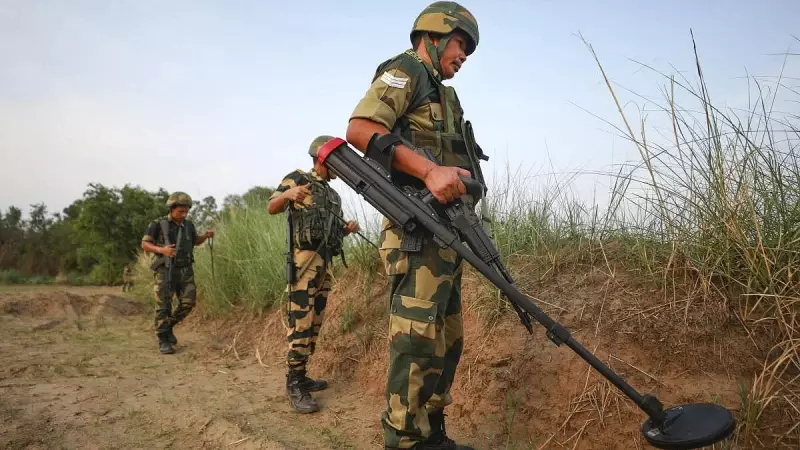
Security authorities have launched one of the most extensive stock verification exercises ever conducted in Jammu and Kashmir following crucial discoveries in the Faridabad explosives case. The massive audit operation, triggered by evidence uncovered during investigations into a sophisticated terror module, is expected to continue for several weeks across the entire Union Territory.
The Faridabad Connection
Investigations into what security agencies are calling a 'white-collar' terror module based in Faridabad revealed disturbing patterns of explosive material movement. The trail led investigators directly to Kashmir, prompting immediate action from security establishments. The discovery highlighted potential vulnerabilities in the monitoring of explosive materials within the region.
According to official sources, the audit began immediately after critical evidence emerged from the ongoing probe into the Faridabad case. Security personnel have been deployed across multiple districts to conduct thorough checks of all establishments handling or storing explosive materials.
Unprecedented Security Operation
This represents one of the most expensive audit operations ever undertaken in the Union Territory since its reorganization. The scale and intensity of the verification process underscore the seriousness with which authorities are treating the potential security threat.
The multi-agency operation involves coordinated efforts between local police, central security forces, and intelligence agencies. Teams are conducting physical verification of stocks, cross-checking documentation, and investigating supply chain patterns for all regulated materials.
Security officials confirmed that the audit has already covered several sensitive locations across the Valley, with particular focus on establishments that have legal permissions to handle explosive substances for industrial or construction purposes.
Long-term Security Implications
The extended duration of the audit, expected to last several weeks, indicates the comprehensive nature of the security sweep. Authorities are leaving no stone unturned in their effort to ensure that all explosive materials in the region are properly accounted for and secured.
The investigation has revealed new patterns in how terror networks are evolving to include educated, professionally employed individuals who can operate under the radar of conventional surveillance. This 'white-collar' aspect of the module has particularly concerned security agencies.
As the audit continues, security forces have heightened vigilance across the Union Territory, with additional checkpoints and monitoring mechanisms put in place to prevent any potential security breaches during this critical period.





